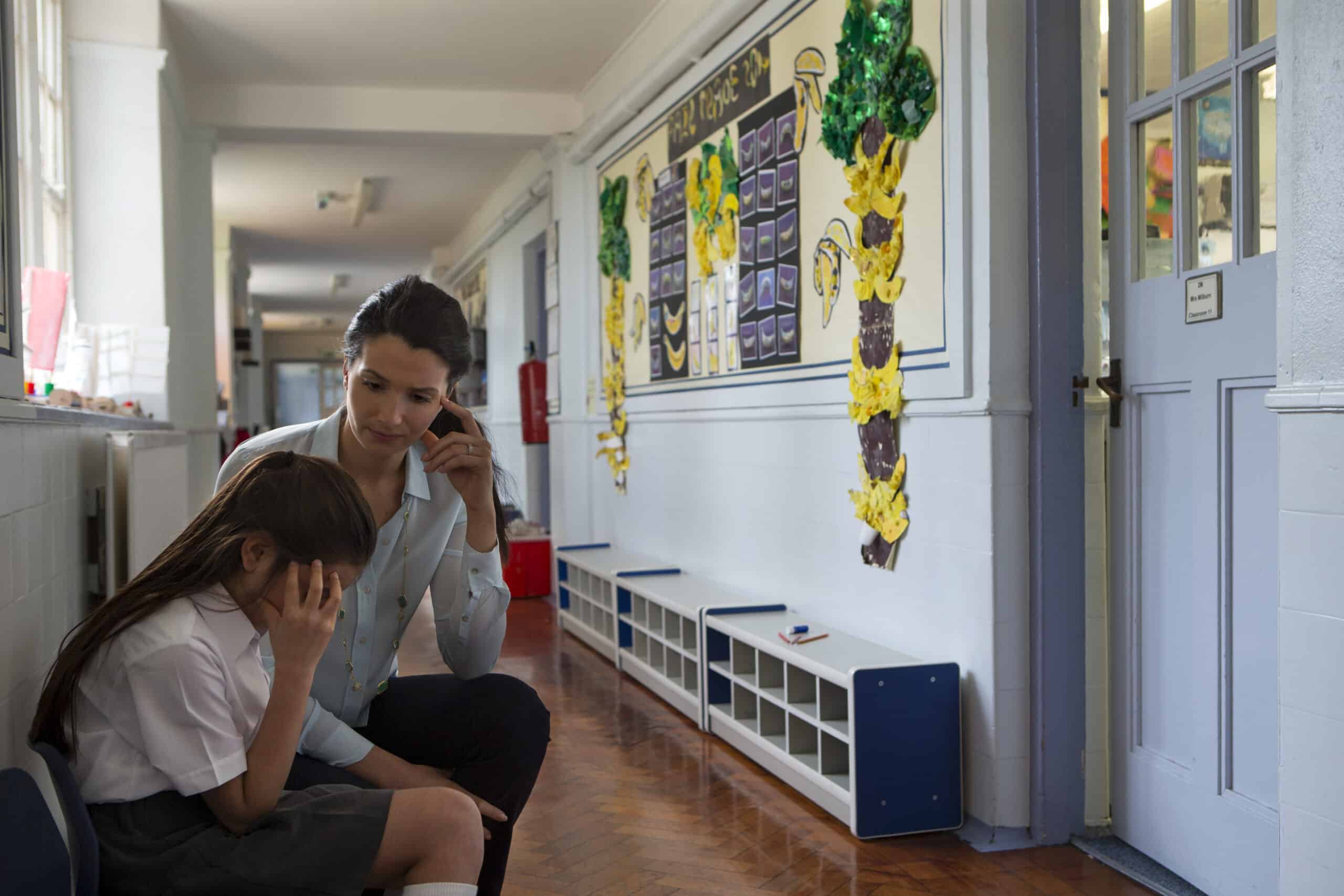It can take some time for parents to identify where a student is falling behind in their learning. With everything that goes on in ordinary family life, it’s easy for parents to lose track of the assignments and assessments their children need to complete, and it is nigh impossible to look at all the feedback they receive from their teachers.
Children can also be adept at hiding where they are falling behind, even from themselves. Therefore, they are not always going to flag their own problems and ask for help. Ignoring or avoiding the problems they are experiencing can be their way to avoid anxiety, which of course only serves to compound the issues they face.
Lessons Move too Fast
The obvious reason for students falling behind in their schoolwork is that they are finding it too difficult.
For a significant number of students, classes move too fast and there never seems to be the right time to ask for help. At Cluey, we hear again and again of students who don’t feel comfortable raising their hands in class to ask a question; so, the question is never asked and the work they were covering just becomes increasingly mystifying.
Lessons Move too Slowly
For some students, the work that they cover in class is too easy and the pace of the lesson too slow and they just become completely disengaged.
These children fall behind because they really don’t see the point of doing their schoolwork at all as it presents them with no real challenge. They may also find it difficult to engage
with their peers and may become either disruptive or withdrawn.
It is very important to identify their concerns early to provide them with the challenge and intellectual stimulation that they need to enjoy learning.
Emotional Turmoil
Then there are social and emotional issues that may come into play. Children can become increasingly reluctant to participate in class because they are finding it hard to fit in or may even be experiencing bullying.
For many students, failing to make social connections with their peers can be both a sign and a cause of academic struggle. Similarly, problems at home can be reflected in your child’s academic progress. While some children may take refuge at school and in their schoolwork, more often emotional turmoil translates into difficulty concentrating and learning. Children may also work hard to hide their difficulties from their parents, trying to pretend that they are not affected.
Underlying Issues
It is worth parents bearing in mind that a student falling behind in their learning may be the sign of an underlying issue.
Some students just have too much energy to sit still all day, but others have much deeper-seated difficulties with concentration.
Children suffering from poor eyesight or hearing difficulties can seem very disengaged in class. They may say they’re ‘dumb’ and spend an excessive amount of time on homework, but the real issue may be that they can’t see the board clearly or follow all the instructions.
If you suspect an underlying physical or psychological issue, your first port of call should be your family GP.
Insufficient Sleep
For some children, poor or disrupted sleep can have a real impact on their ability to concentrate at school and therefore to learn. It is very important for parents to monitor and protect their children’s sleep.
Poor sleep is linked (as a cause or as an effect) to mental health issues for children and teenagers. Poor mental health is also, inevitably, connected to difficulty concentrating
and completing learning tasks.
School Avoidance
I have already mentioned the tendency of children to avoid facing problems. If they really feel that they are falling behind their peers, they may start to avoid school altogether. That can manifest itself in mysterious morning ‘tummy aches’ that disappear as soon as you agree that they can stay home, or a gloomy pall that settles over the house on Sunday evening.
School avoidance is much more serious than occasionally playing hooky and can be an indication that your child’s level of school-associated anxiety is overwhelming. It may well be that they have fallen so far behind that they have lost all confidence. Forcing your child to go to school in this situation may be counter-productive.
Boredom
Most parents assume that a child repeatedly complaining of being bored at school is a sign that they are not fully extended. It could, equally, be a sign that your child is falling behind.
Let’s face it, covering material that you don’t understand is fundamentally boring. Dismissing the work as boring is also a way for students to deflect criticism and displace responsibility.
Blaming the teacher for being boring or not teaching the concepts well enough is an associated coping strategy. While of course not all teachers are perfect, if your child blames teacher after teacher for failure to explain all the important components of a subject, there may be something else going on.
The sooner you investigate the behaviour that you are seeing, the better. Small gaps in learning can become chasms as your child progresses through school, and loss of learning confidence can impact people well into adulthood. A 2017 Grattan Institute report found that almost half of all Australian school students report that they are bored or struggling in the classroom. Dr Peter Goss, one of the authors of the study, emphasised the importance of early intervention: “When a student switches off, there is the risk of a downward spiral.”
Speak to your child’s classroom teacher if they are in primary school or their year co-ordinator or advisor if they are in secondary school. In addition to finding out about their academic progress, it is useful to get regular feedback on their attitude to learning. Just because your child is quiet and unassuming in class does not mean they are engaged.
It may be that what your child needs is a safe environment where they can ask the questions they are reluctant to ask in class and fill the gaps in their understanding. Often, they have lost confidence in themselves as learners and can only regain this confidence with the personalised support and mentorship of a tutor. Once they feel they are on a similar footing as their peers, their anxiety and associated negative behaviours tend to disappear





